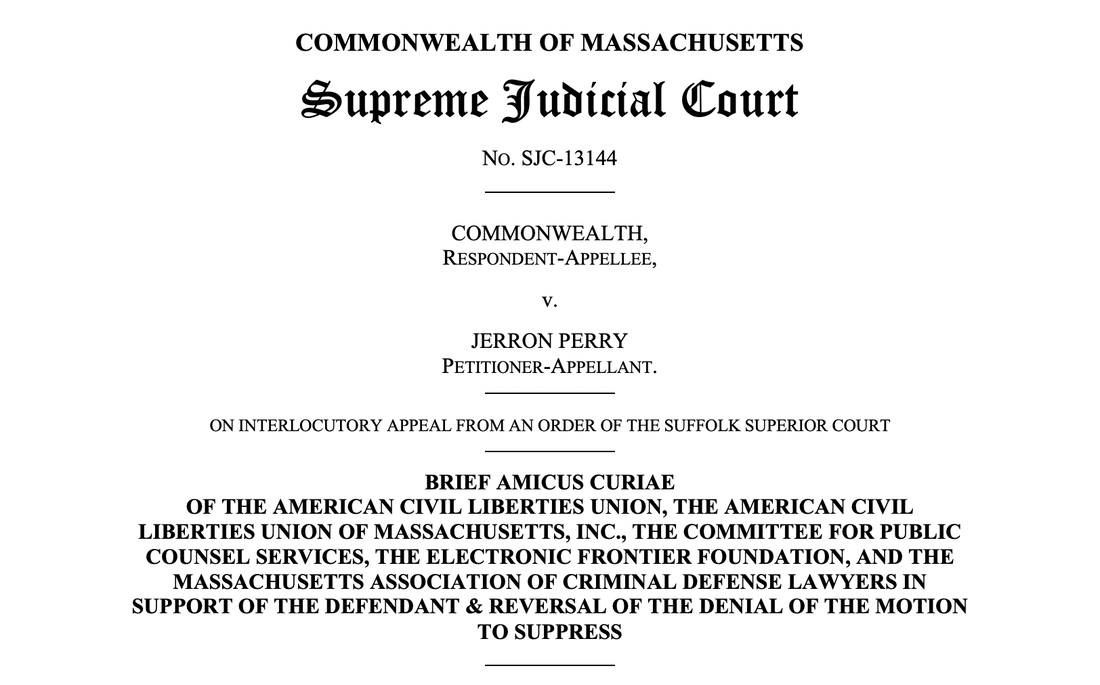Creates Rules to Protect the Privacy of People in Vicinity of a CrimeThe U.S. Supreme Court ruled in Carpenter in 2018 that the government must obtain a warrant to map out a suspect’s location history taken from a cellphone tower. But what about times when law enforcement obtains a warrant for cell-tower data to identify a suspect by his movements among many thousands of people?
In such “tower dumps,” digital technology can effortlessly and precisely pick needles from informational haystacks. Tower dumps are especially useful in investigating serial crimes, because they enable investigators to isolate individual devices near the scenes of multiple offenses. It is easy to see why accessing tower dumps is so tempting for law enforcement. But what about the privacy rights of those thousands who are caught up in dragnet surveillance? Is that not a “general warrant” resembling the rifling through colonial homes and warehouses by redcoats in search of seditious literature? The American Civil Liberties Union filed an amicus brief with other civil liberties groups in a case before the Massachusetts Supreme Judicial Court. The brief argued that cell-tower data searches are “inherently unreasonable because they constitute bulk surveillance” and “leave to the officers’ discretion how to manage the vast trove of private (but irrelevant) information that the government obtains.” These questions arise out of a criminal case in which police were desperate to catch a serial robber in the Boston area suspected of killing a convenience store clerk. The police, after tracing the movements of more than 50,000 unique cellphones, were able to zero-in on the number of a device that had been near the scene of at least two of the crimes. As a result, Jerron Perry was arrested and charged with homicide. Perry argued in his defense that his reasonable expectations of privacy were violated by the dragnet. In evaluating his claim, the Massachusetts Supreme Judicial Court separated two warrants that covered seven tower dumps. The court threw out the first batch, agreeing with the defendant that, because this first warrant lacked particularity, it violated Massachusetts’ own stricter, elaborated version of the Fourth Amendment. The second warrant was sustained because police by then had reason to believe, based on witness reports, that the robber had used a cellphone to communicate with a getaway driver. The court’s 52-page opinion, which presents a solid primer on the tower-dump issue, devised specific rules for future cases in the Bay State.
Justice Frank Gaziano said: “As law enforcement capabilities continue to develop in the wake of advanced technology, so too must our constitutional jurisprudence.” The Massachusetts high court, by crafting a clear-cut set of rules in response to a new dilemma created by technology, set an example in how to balance the need to protect society from criminals, and the need to protect society from government. The court’s ruling could be a good model for other states – and for the U.S. Supreme Court, which will ultimately have to weigh in on this issue. Comments are closed.
|
Categories
All
|


 RSS Feed
RSS Feed